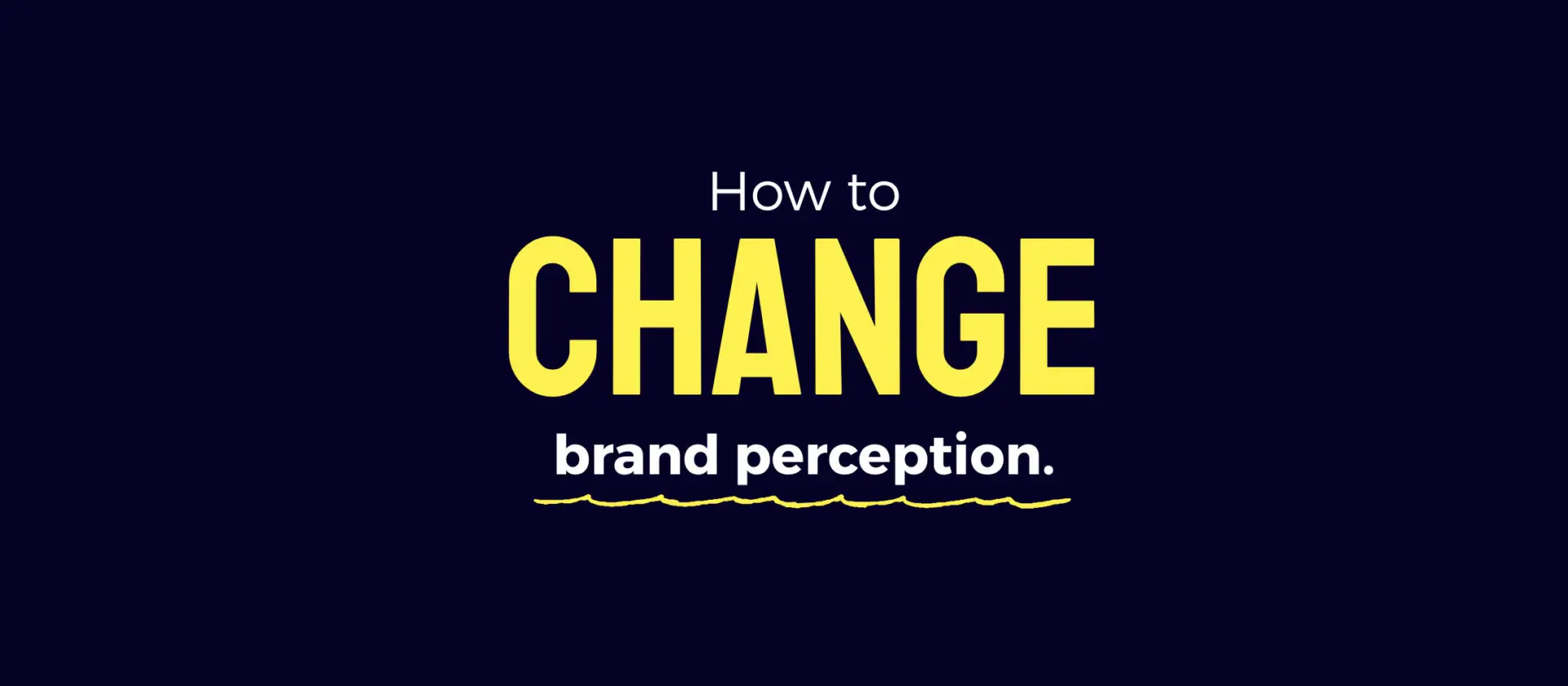
Blog
Adapting Brand Narratives to Changing Perceptions and Trust Patterns
Trust is a moving target. What worked yesterday to build credibility with your audience might not work tomorrow. People’s expectations of brands change, influenced by everything from social shifts to economic uncertainty. If a brand’s narrative doesn’t evolve with these changes, it risks becoming outdated.
So, how do brands stay trusted in a world where perceptions are constantly shifting? It starts with listening, adapting, and making sure your story still resonates.
Understanding changing perceptions
Trust doesn’t just come from being well-known; it’s gained by being believable, consistent, and relevant. People don’t just look at what a brand says – they look at how it behaves. If there’s a mismatch between messaging and actions, trust erodes fast.
For example, sustainability is no longer just a buzzword – nowadays, it’s an expectation. A company that promotes green values but doesn’t follow through in its operations will be called out. The same applies to brands claiming to champion diversity, transparency, or ethical business practices. If the perception doesn’t match reality, trust breaks down.
Shaping a brand narrative that evolves
A strong brand narrative isn’t set in stone – it’s a conversation that evolves. Here’s how brands can stay aligned with shifting perceptions and trust patterns.
- Keep listening
Trust is built on understanding what matters to people. Brands that actively listen – through customer feedback, social media, and industry trends – are better positioned to adapt their messaging. If people’s concerns change, your narrative should reflect that shift.
- Be transparent, not perfect
People don’t expect brands to be flawless, but they do expect honesty. If something goes wrong, addressing it openly builds far more trust than trying to cover it up. Whether it’s a product recall, a change in leadership, or a shift in values, transparency earns credibility.
- Show, don’t just tell
Saying you’re committed to something isn’t enough – you have to prove it. If a brand claims to support ethical sourcing, it should provide evidence. If it values diversity, its leadership and hiring practices should reflect that. Trust is built through actions, not just words.
- Keep it consistent
A brand narrative can evolve, but it shouldn’t feel like a complete reinvention every time perceptions shift. Consistency matters. If a brand’s message keeps changing drastically, it can feel insincere. The key is to adjust while staying true to core values.
Trust isn’t static. It changes as people’s expectations evolve, and brands that fail to adapt will struggle to stay relevant. The best way to keep trust strong is to listen, act with integrity, and ensure your brand story reflects what people care about today – not just what worked in the past.
Need help adapting your brand messaging to changing perceptions? let’s talk. Get in touch with nadia.cohen@cigroup.co.uk.
